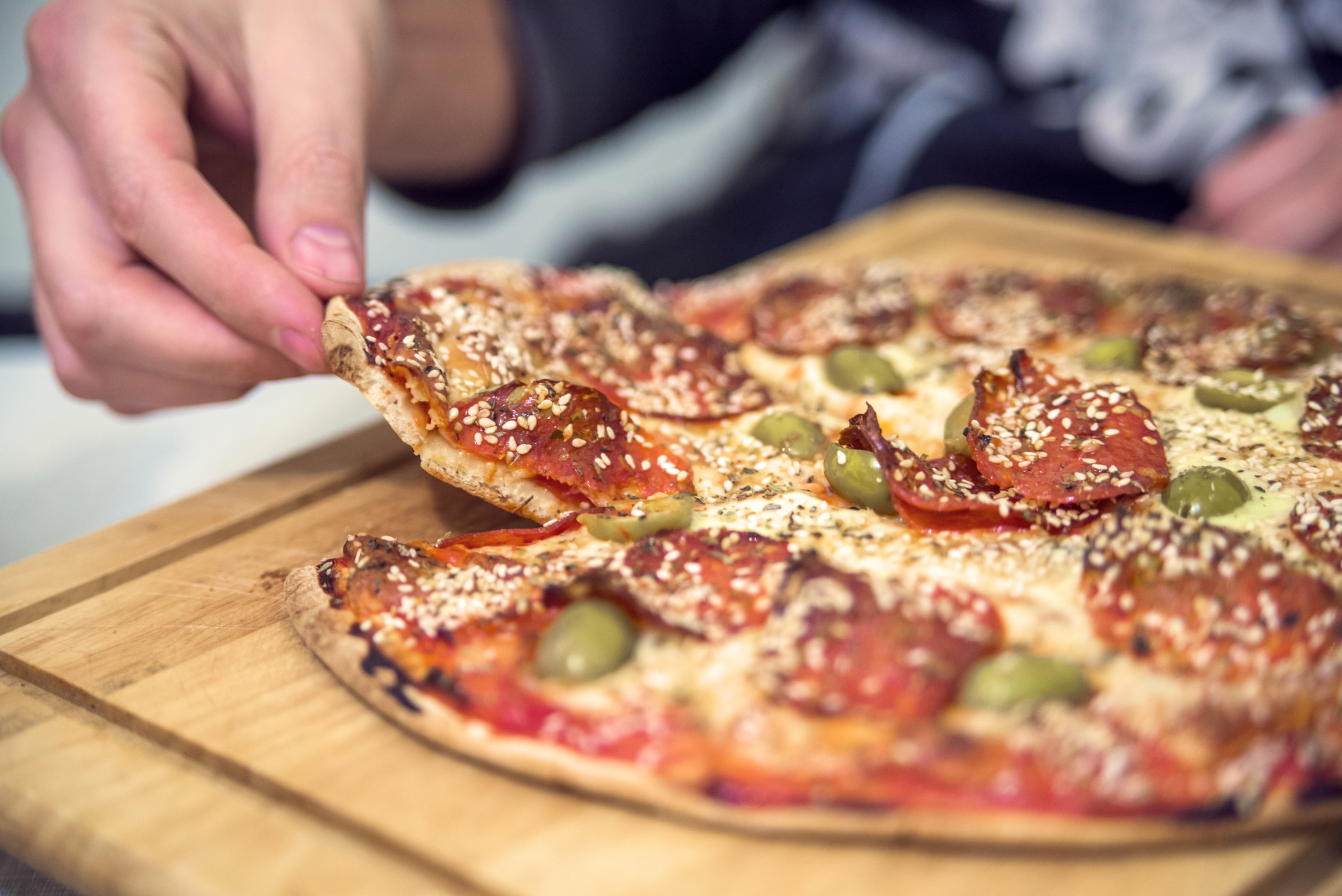Check Out These 10 Emotional Eating Activities To See How You Rate
Eating is essential for survival, but it’s also one of life’s greatest pleasures. A delicious meal can lift our spirits and nourish both the body and mind. But, like anything, overindulging can turn something good into a problem. Whether it's hitting the buffet after a long, hungry day or reaching for food when we’re feeling down, emotional stress is often at the root of overeating. Let’s explore the top ten reasons why emotional eating happens.
Boredom

Sometimes, we eat simply because we’re bored. When life is usually busy, a quiet moment can feel unsettling, and eating can become a way to fill the void. If you find yourself reaching for snacks when nothing is going on, you might be eating just to stay occupied.
Socializing

It’s tough to say no when you’re at a social gathering and surrounded by tempting treats. Unfortunately, those foods tend to be loaded with fat, sugar, and calories. A good way to resist overindulging is to have a light, healthy meal before heading out, so you’re less tempted by the snacks at the party.
